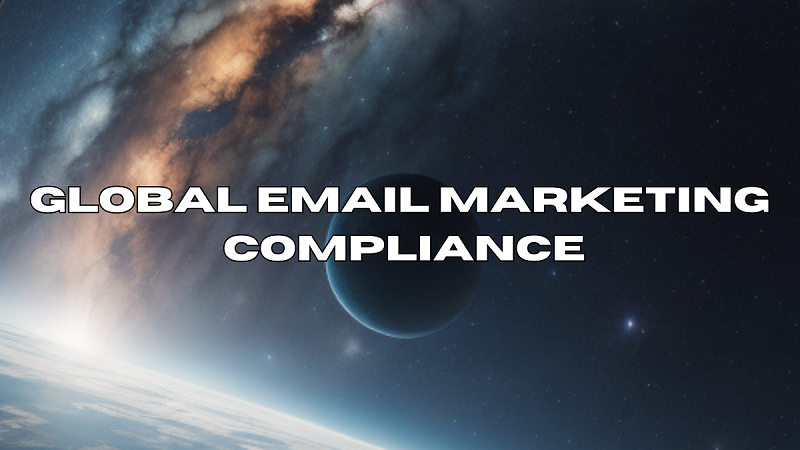Email marketing remains a cornerstone of digital marketing strategies, but its success depends on adhering to legal and regulatory requirements. Let’s dive into the nuances of anti-spam laws in key countries, alongside the critical role of the ePrivacy Directive (ePD) in the European Union. When you’re building an email program it is important to understand how to develop robust email marketing program while ensuring compliance with global standards.
Lots of people think email is easy, you just put in a list and some content then press the send button. But those of us that have been around for a minute understand that there are several layers to email, each adding an additional level of complication and nuance.
Understanding Global Email Marketing Compliance
To create effective email marketing campaigns, it’s crucial to start with a solid foundation of universally recognized principles for email marketing. Implementing these will put you well on the path of global compliance:
- Permission-Based Marketing: Obtain explicit consent from recipients before sending marketing emails. Be transparent about the purpose and frequency of communications and make opting in or out effortless.
- Privacy Regulations (e.g., GDPR): Comply with data protection regulations, such as the EU’s General Data Protection Regulation (GDPR). This entails lawful processing of personal data, obtaining consent, and transparent privacy policies.
- Sender Identification: Clearly identify the sender with a genuine name and email address. Avoid using misleading subject lines or deceptive header information.
- Unsubscribe Mechanism: Include a visible and functional unsubscribe link in every email. Ensure that opt-out requests are promptly honored, typically within 10 business days.
- Content Compliance: Craft email content that aligns with industry-specific regulations, avoiding spammy language and misleading claims.
The Role of the ePrivacy Directive (ePD)
In the European Union, the ePrivacy Directive (ePD) works in tandem with the GDPR to regulate electronic communications, including email marketing. Here are key considerations under the ePD:
- Consent: As with the GDPR, the ePD requires explicit and freely given consent before sending marketing emails.
- Cookies and Tracking: The ePD covers the use of cookies and other tracking technologies, necessitating user consent before placing cookies or tracking user behaviour.
- Marketing Calls and SMS: The ePD extends its reach beyond email to govern marketing calls and SMS, requiring opt-in consent for these channels as well.
Addressing Anti-Spam Laws in Key Jurisdictions
In addition to global compliance standards and the ePD, digital marketing professionals must navigate country-specific Anti-Spam laws:
Canada (CASL – Canada’s Anti-Spam Legislation): CASL mandates explicit consent from Canadian recipients, clear sender identification, and meticulous record-keeping of consent.
Australia (Spam Act): The Spam Act in Australia requires consent before sending commercial emails, the inclusion of an unsubscribe mechanism, and accurate sender information.
Germany (German Act Against Unfair Competition – UWG): In Germany, strict opt-in policies are required. Emails should be clearly marked as advertisements, with easy unsubscribe options.
United States (CAN-SPAM Act): The CAN-SPAM Act necessitates the inclusion of a valid postal address, avoidance of deceptive practices, and prompt handling of opt-out requests.
Brazil (Lei Geral de Proteção de Dados – LGPD): Complying with LGPD principles, such as data privacy and consent, is essential. Robust data security measures and prompt responses to data subject requests are crucial.
Email marketing, when executed with legal compliance in mind, can be an invaluable asset for businesses. By understanding global best practices, the ePrivacy Directive (ePD), and country-specific anti-spam laws, digital marketing professionals can create successful, trustworthy email marketing programs. Staying updated with evolving regulations is the key to maintaining compliance and reaping the benefits of email marketing in today’s digital landscape.


